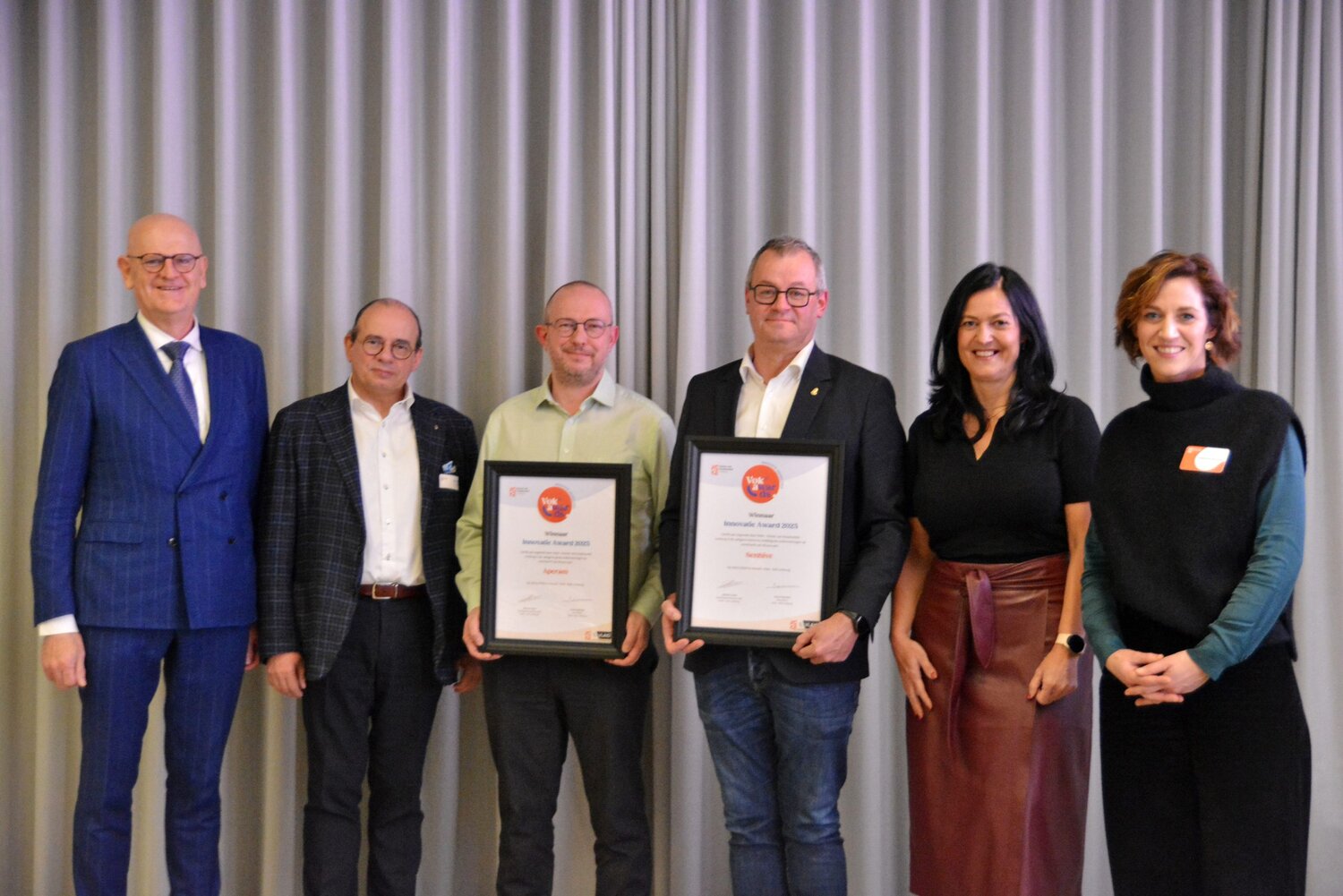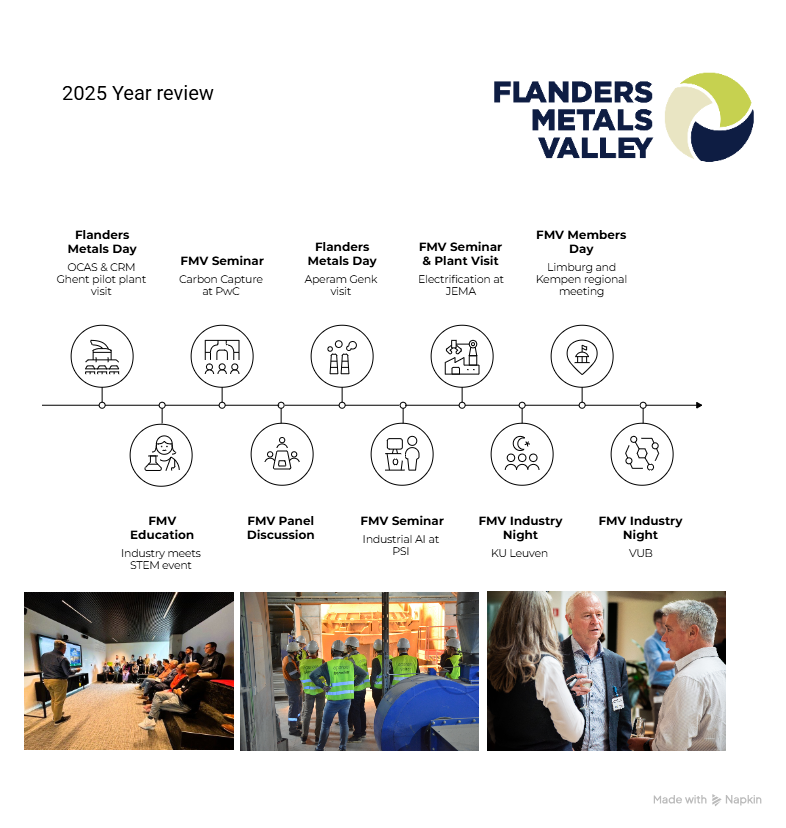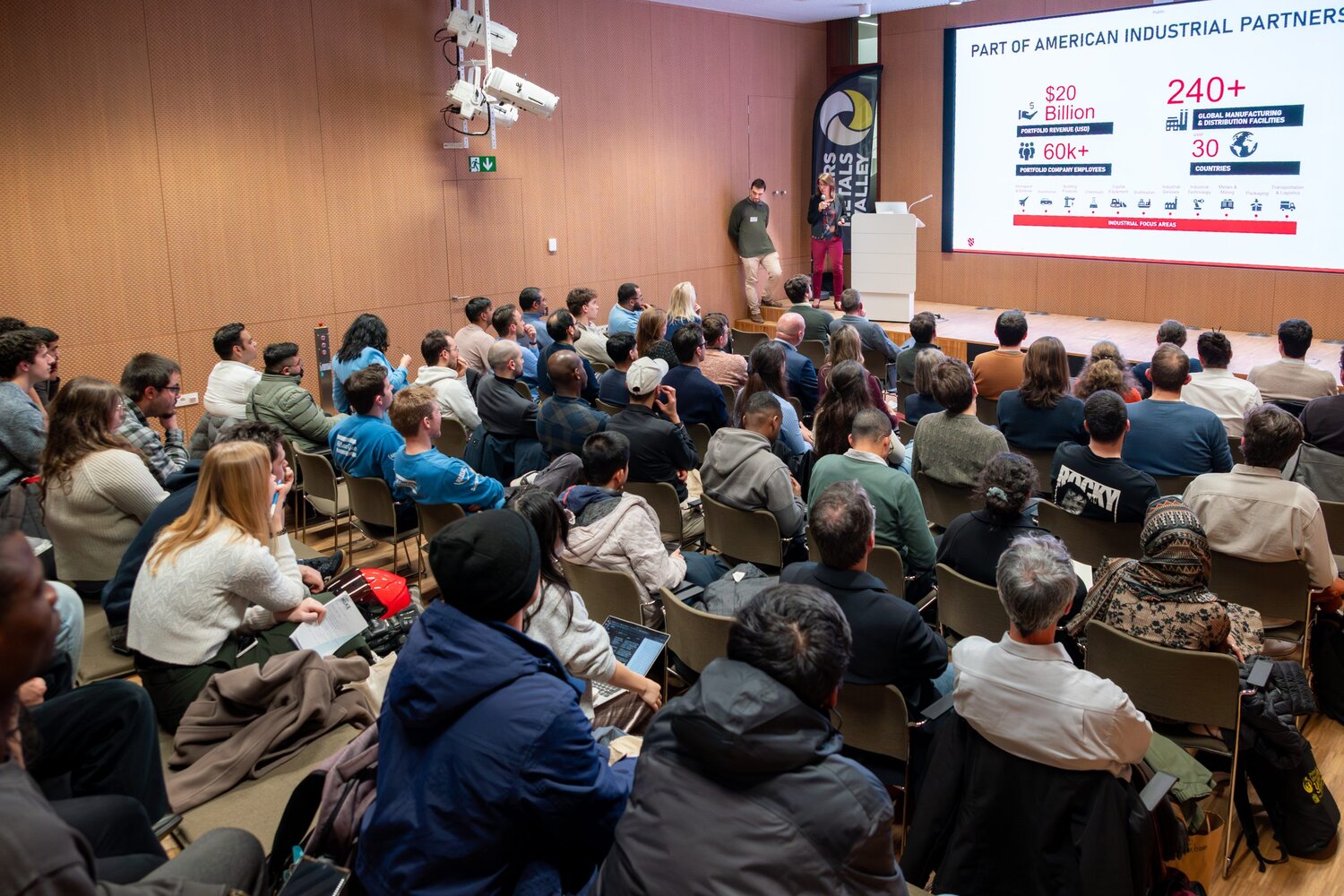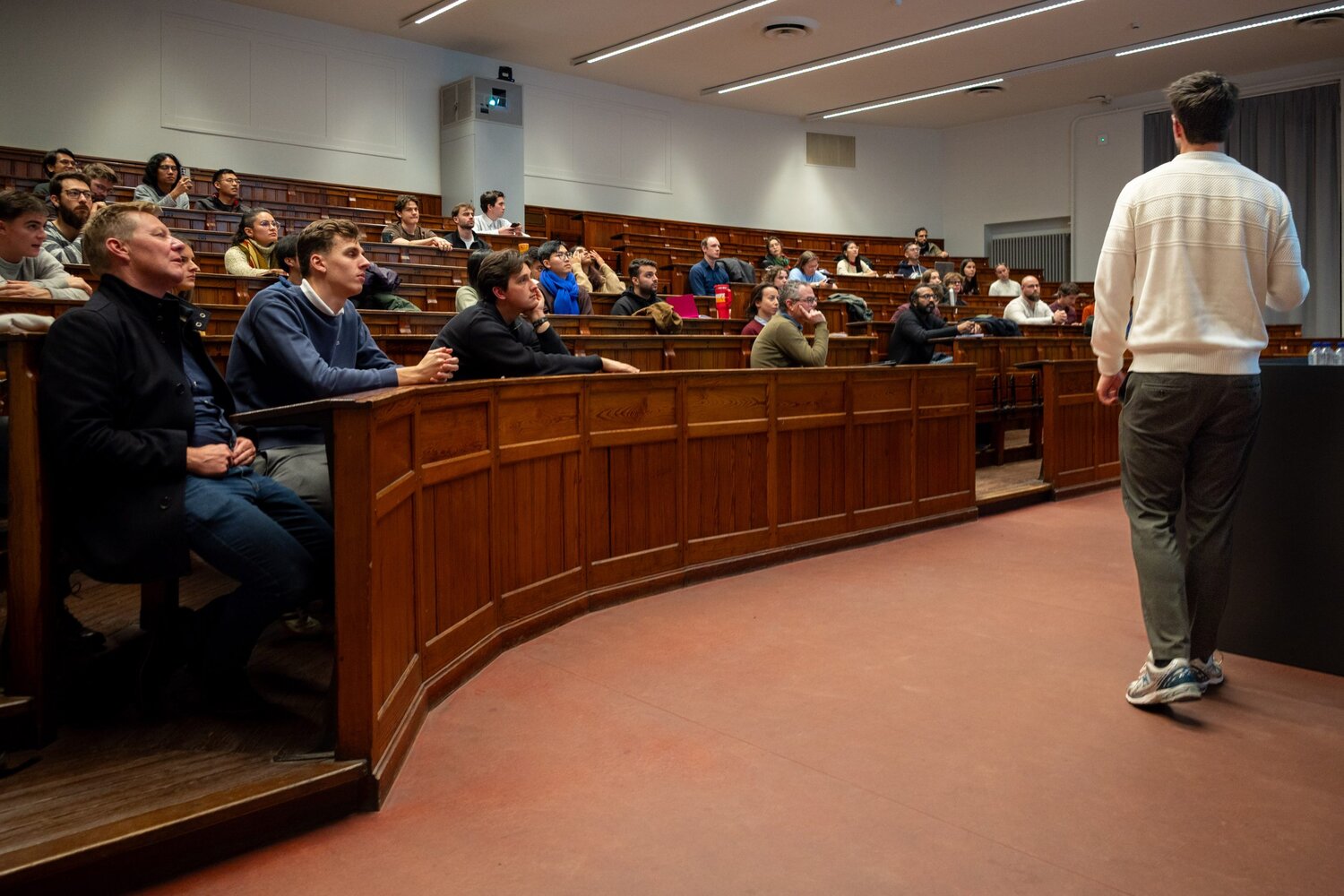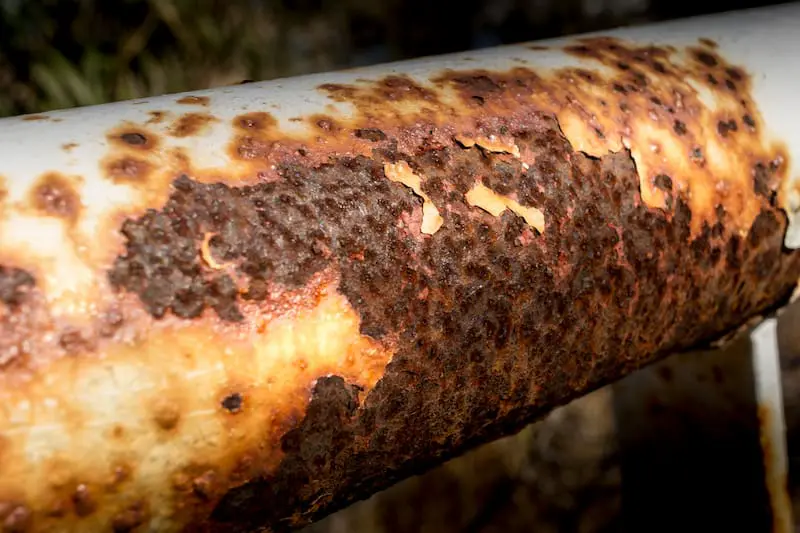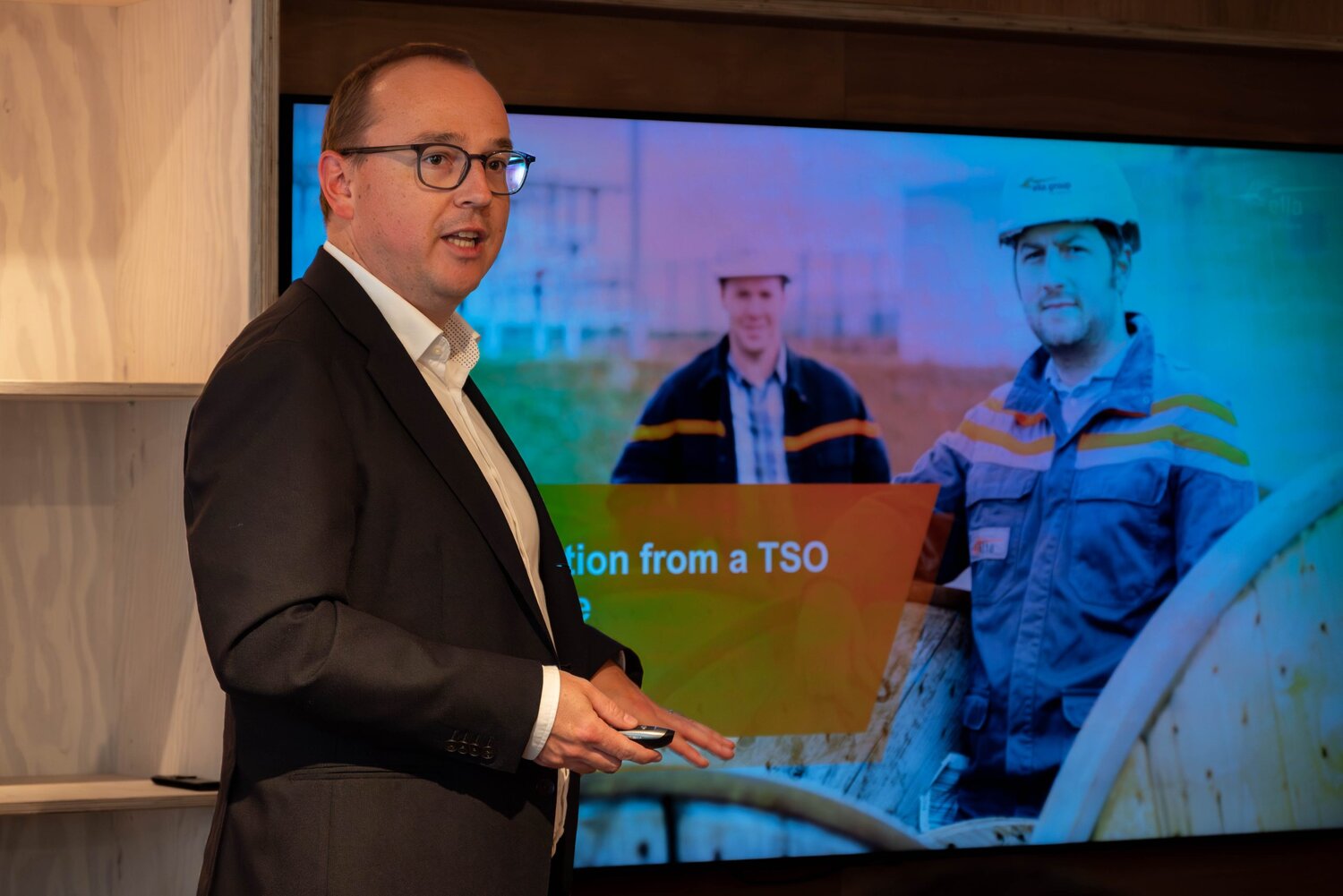
Flanders Metals Valley (FMV) is a bottom-up initiative launched by companies and institutions active in the metallurgical sector in Flanders. The organisation consists of a vast mix of people in the practice of the metals industry combined with universities and knowledge centres who, while being at the core of ground-breaking research for the future, also want to be relevant to the industry’s challenges of today.
Flanders Metals Valley brings all of these voices together within 1 organisation where ideas are shared and new initiatives are launched within 3 core working groups: Innovation, Communication and Education.
The main focus of Flanders Metals Valley lies on creating a climate-neutral circular metals industry in Flanders, innovative and future-oriented, recognised as an essential, competitive pillar of the Flemish industry.
A climate-neutral circular metals industry is not an idea from a distant future! It is already in the making here in Flanders where uniquely, on a relatively limited area, all players from this circular chain are very closely packed together. This ranging from metal producing companies to metal processing companies, the manufacturers of products and the companies active in collecting, recycling and remanufacturing scrap who make sure these metals are once again used and are kept in the circle.
If you are a part of this circular chain or you want to be, get in touch with us. Circularity has no borders, therefore Flanders Metals Valley is open for companies and institutions inside and outside of Flanders, as long as they are acting with the same or complimentary goals. Enjoy your visit to our website!
Latest news & insights
Aperam wins 2025 Innovation Award in Limburg, Belgium
Aperam, a global player in stainless, electrical, alloys and specialty steels as well as recycling and renewables, is proud to announce that it has been named the winner of the 2025 Innovation…
Flanders Metals Valley: 2025 review
2025 was a fantastic year for Flanders Metals Valley (FMV). As a network dedicated to fostering a climate-neutral and circular metals industry in Flanders, we organized a series of events that brought…
Flanders Metals Valley successfully launches inaugural FMV Industry Night at
Flanders Metals Valley (FMV) proudly hosted its first FMV Industry Night at the Vrije Universiteit Brussel (VUB) last week, marking a significant step in connecting emerging talent with leading companies in the…
FMV Industry Night at KU Leuven: where talent and opportunities
On 19th of November 2026, Flanders Metals Valley (FMV) held its annual Industry Night at KU Leuven, the 4th edition. This event brought together some of the brightest young graduates and leading…
Herman Terryn (VUB) receives prestigious Evans Corrosion Award in Newcastle
Professor Herman Terryn of the Vrije Universiteit Brussel (VUB) has been awarded the Evans Corrosion Award, an international award from the British Institute of Corrosion, in Newcastle (UK). The prize, often described…
AI and Electrification: two successful seminars
Over the past weeks, we had the pleasure of welcoming our FMV-community to two seminars, with very relevant and current themes. At PSI Process Industries and Metals’ headquarters in Anderlecht, we were treated…

